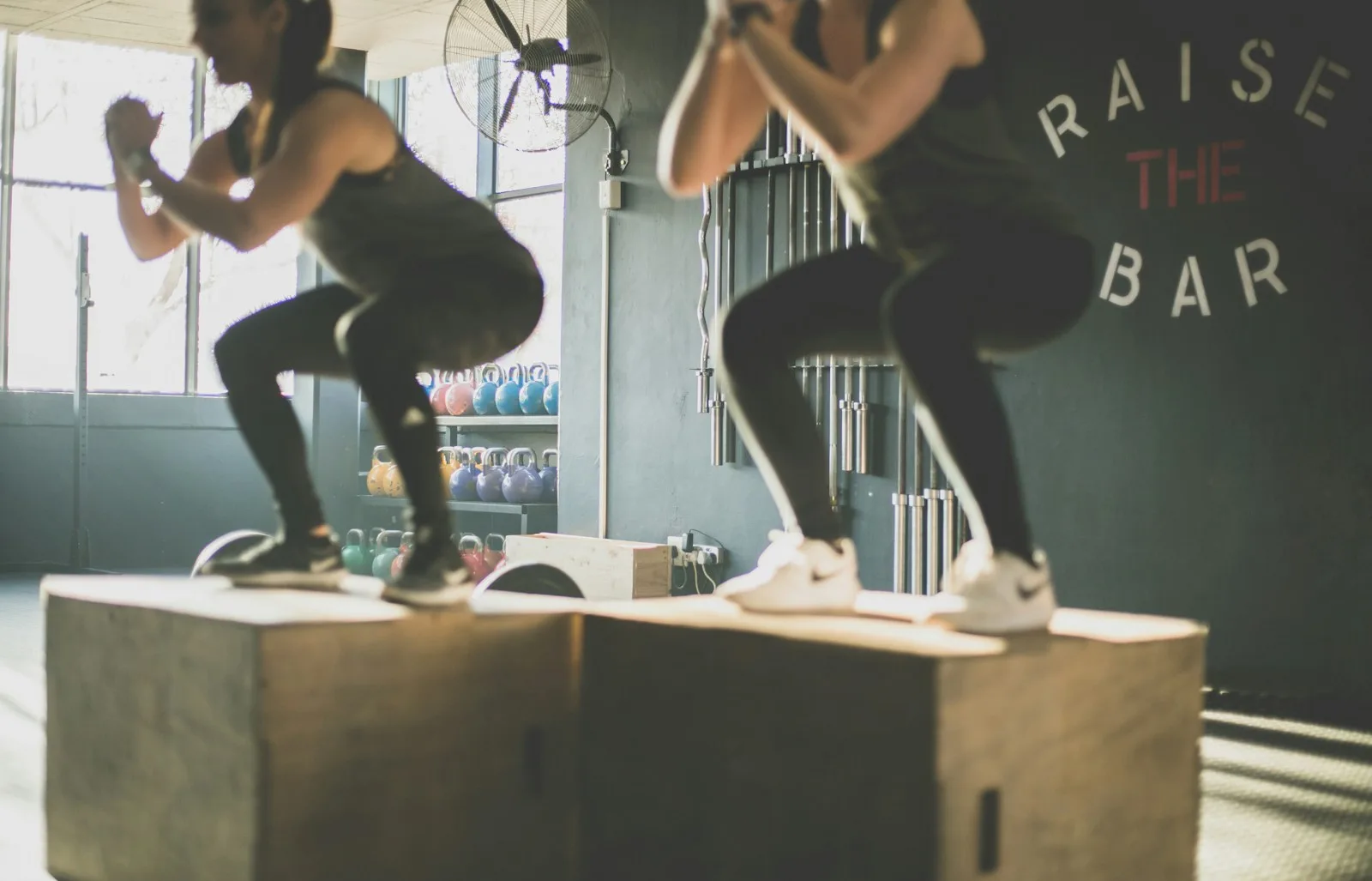
Table of Contents
Squats can improve your body and health if you include them in your regular diet. This simple yet effective exercise improves strength, flexibility and endurance by targeting multiple muscle groups. Here is a detailed examination of the physical changes that daily squats can make to your body.
Effect of Squats:
Boosts Muscle Strength and Growth
The main focus of squats is the muscles of the lower body, including the quadriceps, hamstrings, glutes and calves. Daily squats test these muscles, causing a minute tear in the muscle fibers. Improves muscle mass and strength as a result of stronger, larger and healing fibers that occur during rest. Over time, this improves not only your physical appearance but also your performance in other physical activities.
Enhances Flexibility
Repeated squatting increases the range of motion of the joints, especially the ankles, knees and hips. The muscles, tendons, and ligaments around these joints develop and extend a wide range of motion and are essential for a flawless squat. Increased flexibility can improve performance in daily activities and other workouts while reducing the risk of injury.
Improves Circulation
When you squat, the blood flow in your body improves. Enhanced blood flow facilitates the delivery of nutrients and oxygen to your tissues, which are essential for the development and maintenance of your muscles. Improved circulation facilitates the removal of impurities, which improves general health and energy levels.
Increases Core Strength
Although squats are primarily a lower body exercise, they also work your back and abdominal muscles. These muscles are continuously strengthened through squats, which improves balance and posture. A strong core is beneficial for practically all physical activity and is essential for reducing the risk of injury, especially in the lower back.
Promotes Fat Burning and Weight Loss
Squats are a high intensity calorie burning exercise. Additionally, regular squats increase your resting metabolic rate, which means you’re burning more calories even when you’re not exercising. Because increasing muscle mass promotes more effective fat burning, it can be especially beneficial for weight loss and control.
Improves Bone Density
Weight-bearing exercises, such as squats, strengthen bones and muscles. When you squat, your bones are stressed, which activates new bone-forming cells and can increase bone density. As you age, this becomes more important as it helps prevent osteoporosis.
Enhances Daily Functioning
Many common actions such as standing and sitting, bending to pick up objects, and lifting objects are mimicked by the squat. Squats will all increase your strength, flexibility, and balance, making everyday tasks easier and reducing the risk of injury.
Improves Mental Health
Endorphins are released by the brain during exercise, especially squats, and are natural mood enhancers and pain relievers. Regular exercise can improve general health, improve sleep, and reduce feelings of depression and anxiety.
By doing squats you can improve your mental and physical health. To avoid injury and optimize the benefits of exercise, it is important to execute it correctly. You can safely increase your strength and endurance by starting with bodyweight squats and gradually increasing the weight as you become more comfortable.To reap the benefits of squats, incorporate them into your fitness program regularly. Consistency is the key to seeing results with any training plan.
Boosts Athletic Performance
A fundamental performance enhancing exercise in many sports is the squat. You can improve your strength, power, and endurance in sports that require you to run, jump, or perform explosive movements by squatting regularly.
Promotes Cardiovascular Health
Similar to cardiovascular exercises, squats increase heart rate with frequent practice. By decreasing blood pressure, cholesterol, and the risk of cardiovascular disease over time, this can help improve heart health.

